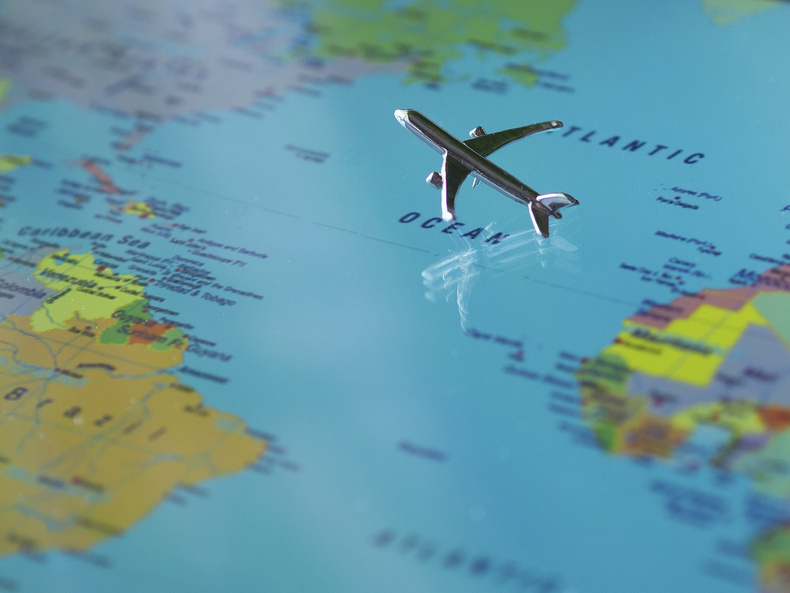£2 billion-a-year boost predicted as UK joins major trading bloc

The UK this week officially joined the Comprehensive and Progressive Agreement for Trans-Pacific Partnership (CPTPP) as a fully-fledged member.
Government officials hope it will provide a £2 billion a year boost to the UK economy.
CPTPP is a major trade bloc whose members - Australia, Brunei, Canada, Chile, Japan, Malaysia, Mexico, New Zealand, Peru, Singapore, Vietnam, and now the UK – have a combined GDP of £12 trillion.
Firms across the country will face lower tariffs and fewer barriers when selling to economies across three continents, with the financial services, manufacturing and food and drink sectors in particular set to benefit.
Business and Trade Secretary Jonathan Reynolds said: “Britain is uniquely placed to take advantage of exciting new markets, while strengthening existing relationships.
“Agreements like this boost trade and create opportunities for UK companies abroad. This is a proven way to support jobs, raise wages, and drive investment across the country which is key to this Government’s mission to deliver economic growth.”
CPTPP is designed to expand over time, with Costa Rica announced as the next country to go through the process of joining, and Indonesia - already expressing an eagerness to join the bloc.
Ian Stuart, CEO of HSBC UK, said: “Being part of the CPTPP signals that the UK is open for business with some of the world’s most exciting growth markets.
“Since the announcement of the UK’s accession in July 2023, we have seen an increase in payments between the CPTPP markets and the UK, and we expect this growth to continue.
“As the world’s leading trade bank, with deep roots across many CPTPP countries, we are well-positioned to connect UK businesses with growth opportunities in markets such as Japan, Singapore, New Zealand, Vietnam, Malaysia, and Australia.”
Sectors like automotive and food and drink will be able to benefit from membership, including through modern “rules of origin” provisions which allow goods to qualify for lower tariffs when built from parts from CPTPP countries then exported to a CPTPP country.
For example, a UK car engine manufacturer using components from other CPTPP countries could more easily qualify for lower tariffs when exporting the final engine within CPTPP.
UK services firms, which employ over 80 per cent of the nation’s workforce, could also find it easier to export their services to CPTPP countries, with firms allowed to manage funds across the world from the UK and provide services to CPTPP markets on a level playing field with domestic firms in key sectors.
Prices on consumer goods could also fall if savings are passed on by importers, with tariffs removed on items like fruit juices from Peru and vacuum cleaners from Malaysia.
Through CPTPP, the UK now has free trade deals with Malaysia and Brunei for the first time, economies with a combined GDP of over £330 billion last year.



